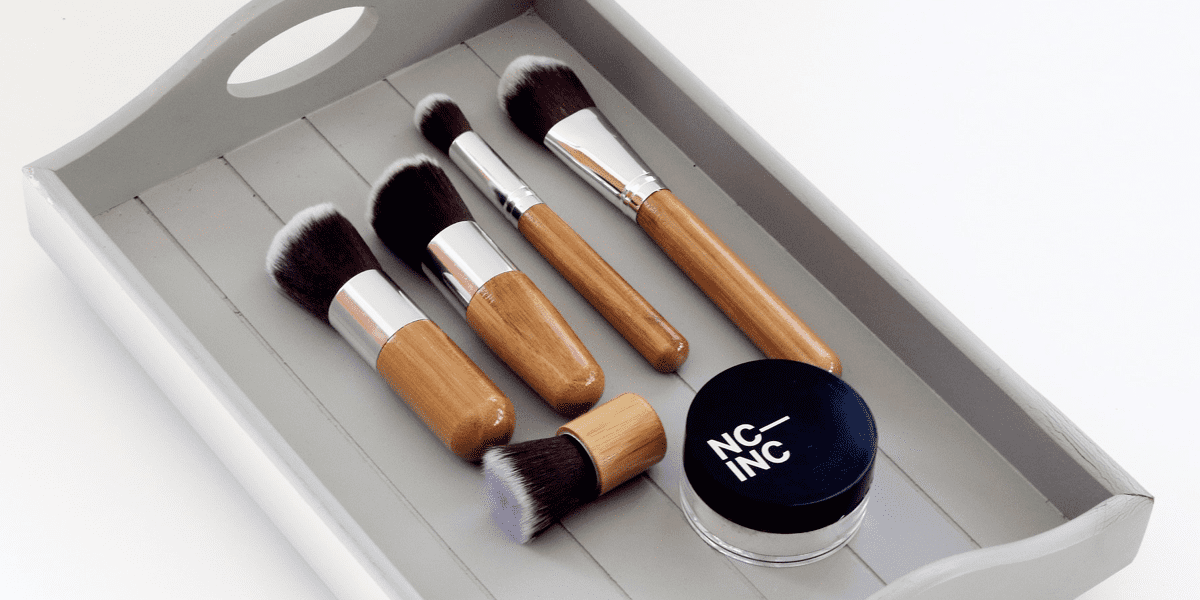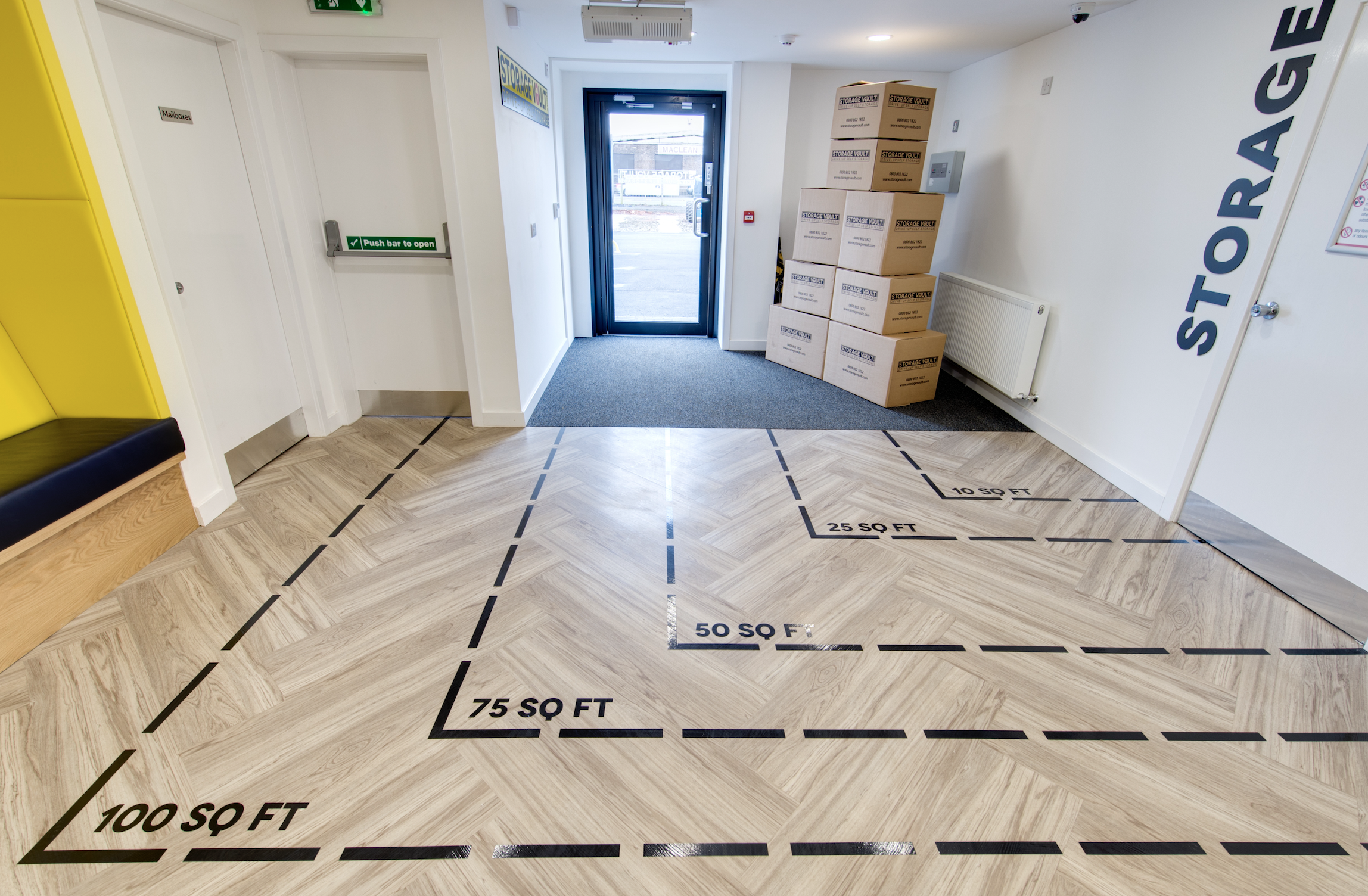How to Store Electronics

Have you ever discovered a box of old electronics stuffed at the back of a cupboard? Maybe an old Gameboy with Tetris still plugged in or a laptop from the early noughties?
Did it work? I’d guess not.
That’s because electronics need special care and attention to sit in storage for any length of time. Without that attention, time will turn all your valuable bits of kit into a worthless collection of circuit boards and wire.
For this blog, I’ve pulled together tips from all our storage experts. If you follow this advice, your laptops, TVs and high-tech devices should come out of storage in the same condition that they went in.
Let’s get started.
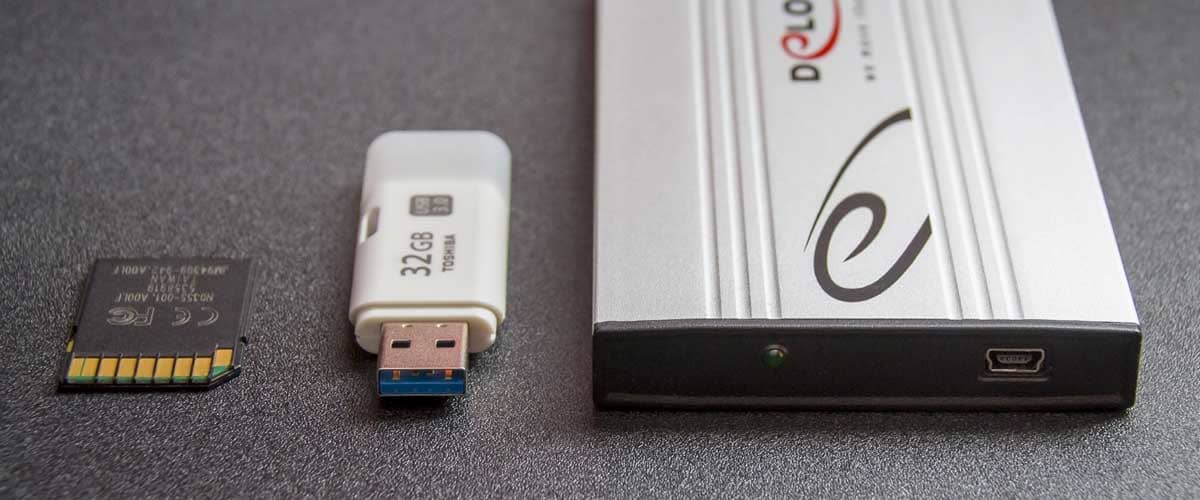
Backup Everything
If you store your electronics right, they should survive in storage for years. However, it always pays to be prepared for the worst case. After all, electronic devices are not designed to sit unused and without power for days, weeks and months on end.
With so many delicate moving parts, it’s not uncommon to find hard drives seized as solid as a brick.
So if you want to ensure your data is safe and secure in storage, backup absolutely everything and store it off-site or online.

Clean Dirt and Dust
While a bit of dirt and dust isn’t going to destroy your devices overnight, it may cause issues if left in contact for months or years.
Before you pack everything away, wipe down all accessible surfaces to remove any contaminants. If you want to be especially thorough, pick up a can of compressed air or quick dry solvent.

Remove Batteries
Batteries and storage do not mix. I’ll say that again: batteries and storage do not mix. Ever. Seriously, if you’re throwing batteries into a box and tossing that box into a storage container, stop right now.
Batteries are generally pretty bad at lying around when they aren’t in use. Leaving batteries connected to an electronic device risks damaging the battery container and can result in your devices turning into a mess of battery acid. As well as potentially damaging your device, battery acid is a nightmare to clean and harmful if you get it on your skin.
While you might get away with decent integrated batteries — laptop batteries, camera batteries, etc. — cheap AA batteries will burst if left for any extended period of time.
Storing your disconnected batteries on their own is slightly better but we typically recommend recycling the old ones and buying new ones when you get your kit back out.
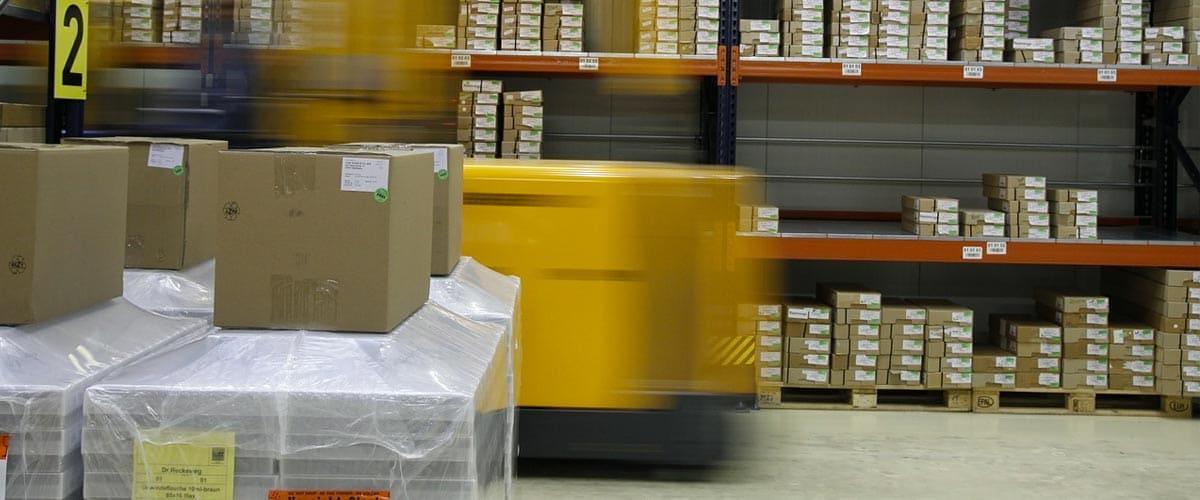
Dig Out the Original Packaging
When it comes to long-term storage, the original packaging is almost always better. The original box and internal supports were specifically designed to hold and protect that particular device in lorries, in warehouses and on shelves for extended periods of time. Chances are, it’s pretty good at it.
If you still have it, dig out the original packaging and pack your devices back up the way they came.
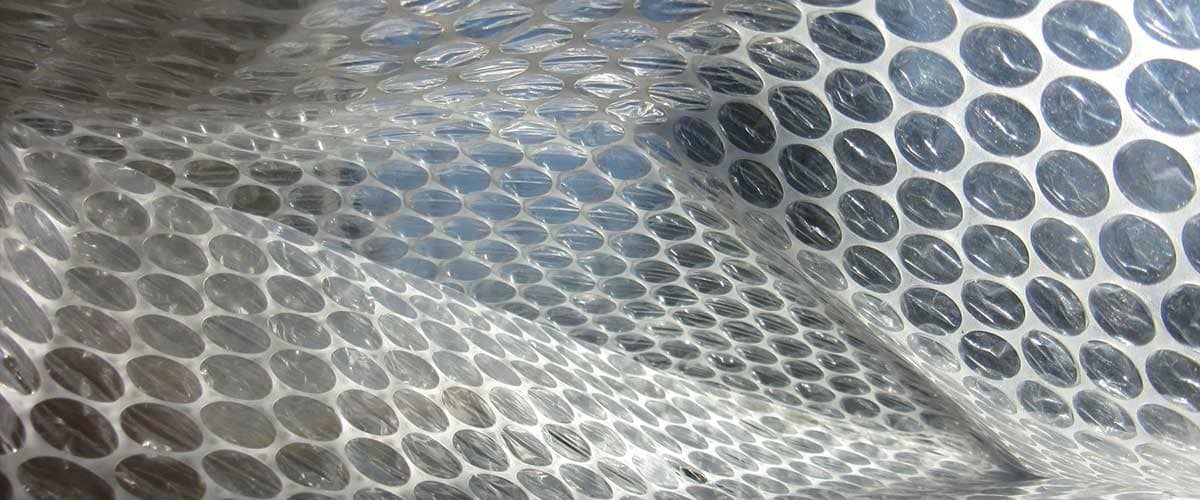
Static-Free for Extra Protection
Static-free bubble wrap isn’t really required for storing most electronics. Laptops, games consoles and phones are designed to cope with everyday static shocks so will usually survive without it.
However, if you’re storing delicate electronics like internal computer parts, you might want to invest in a roll of specialist bubble wrap to ensure nothing gets fried.

Don’t Use Plastics
While it might seem intuitive to wrap your electronics up in something waterproof like plastic sheeting, this is the last thing you should do. Yes, plastics will keep water out but they’ll also hold moisture in.
Moisture is one of the biggest threats to electronics in storage, capable of turning a glistening circuit board into a corroded mess in a couple of months.
If you’re serious about reducing moisture, toss in a couple sachets of silica gel to help soak up excess humidity keep your devices bone dry.
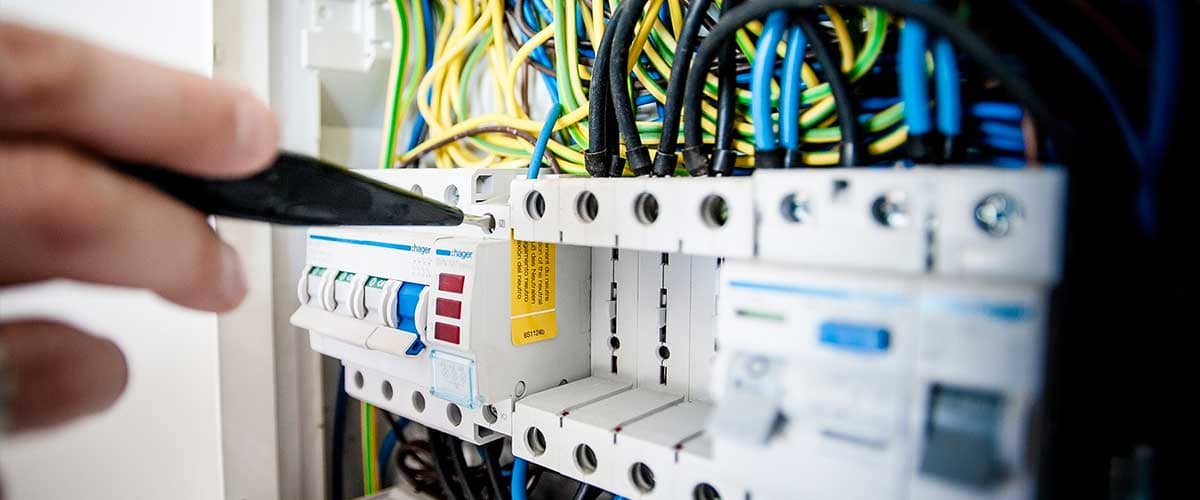
Cables
When you’re storing devices for long periods of time, cables can seize in their sockets. That’s fine if it’s one of eight USB ports on a laptop but less ideal if it’s your one and only video output port.
Remove all cables before you store your devices. To make it easier for you at the other end, curl all the cables into a loop and store them nearby.
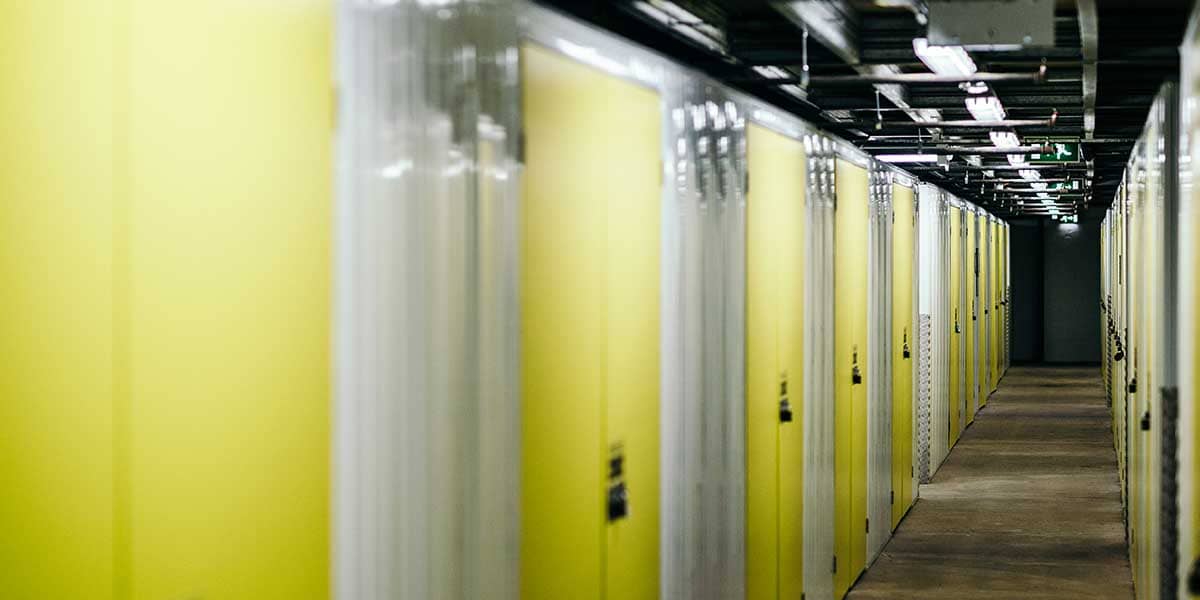
Store With Confidence
Once you know how to prep your electronics, the next step is selecting a self-storage facility to work with. At Storage Vault, check out our popular Glasgow, Paisley or Cambuslang sites.
All our customers enjoy 24-7 CCTV, site-wide PIN access and exceptional service for a storage experience that’s second to none.
To find out what units we’ve got available near you, click here.




